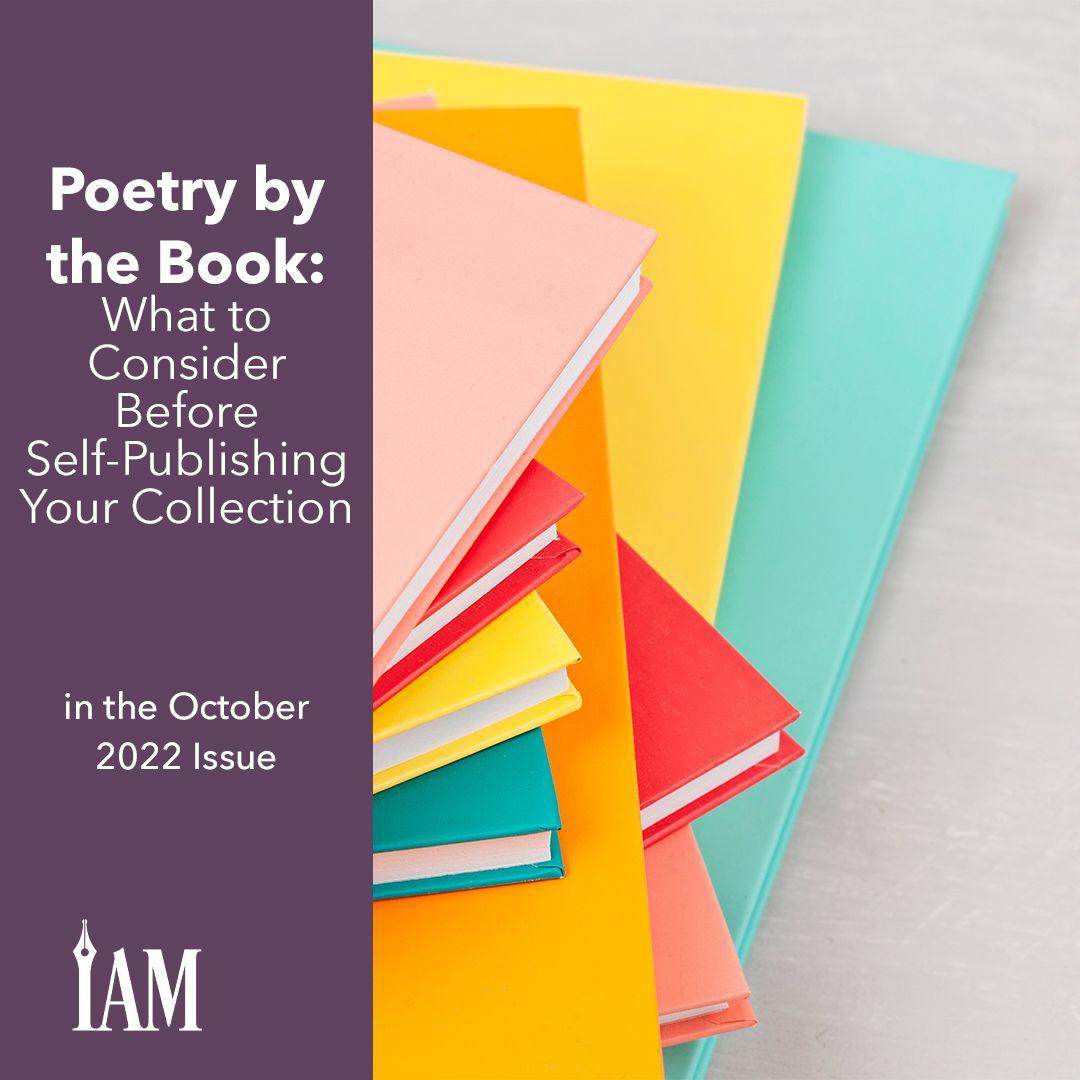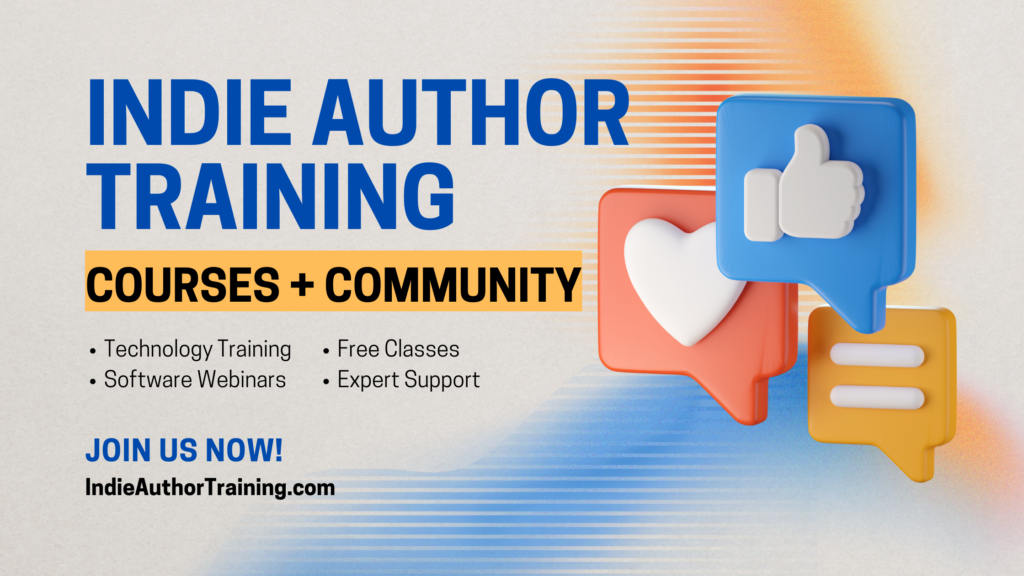Angie Martin
As a gorgeous art form that has survived the centuries and that readers around the globe admire and revere, poetry can be more like music than a storytelling genre, with stanzas and word choice providing a unique cadence to access the poet’s soul. These rhythmic works come in a myriad of styles, length, and even interpretation, but they should always remain true to the heart of the writer.
In writing a poetry collection, write from the depths of your soul, and your readers will connect. Not every poem is for every reader, nor is every collection, but avid consumers of collections will flock to yours if you follow that golden rule. Still, there are other expectations that will help draw readers to your work, from collection length to the types of poems you include. Although they’re not a requirement, these elements are important to understand as you consider whether you’re ready to share your own soul with the world.
Poetry Type
When writing, poets often tarry over length or rhyme, but neither of these is as important as the words themselves. The same is true when preparing to publish. You may choose rhymes, no rhymes, or even write free verse—prose in the form of poetry, and one of the more popular types of modern poetry—when building your collection.
When constructing a poem, most poets stick to having each line being approximately the same length, which works well for meter. This can also make your work easier to format for publication, but again, nothing is required, so make the choice you feel suits your art best.
Theme
When selecting poems to include in a collection, it’s best to decide on a theme or overarching message for your work. You might choose love, death, or anything in between. Rupi Kaur’s collection milk and honey deals with pain. The best-selling work is divided into four chapters, each containing poems on different types of pain. This is a structure that suits many poetry collections well, and by sorting your poems into groups, parts, or chapters, you can create an expectation among your readers regarding what they’ll find in those poems. Alternatively, you can arrange your poetry so your collection tells a story from one poem to the next, similar to a novel in verse.
Length
In choosing your poems, do not concern yourself with choosing all the same style or even lengths of poetry. Many collections have various styles of poems within the pages; some may rhyme, and some may be free verse. However, you’ll want to consider how to order the poems based on length. If you have a poem that lasts a few pages while all your others are contained on a single page, consider putting that poem toward the back of the collection. Some poets include short stories among the pages of poetry, which is also acceptable, but the same rule applies. Move that short story to the back of the collection.
The length of the collection itself is up to you. Most stay around 80 to 120 pages, but some chapbooks contain only twelve pages, while longer collections can be around two hundred pages. If writing a novel in verse, the page range can be upwards of three hundred pages. Because it’s poetry, it is up to each individual poet on how many pages you need in order for the reader to fully experience your theme.
As you’re considering the length of your pieces, decide also whether any of your pieces will require a more artistic layout. Some poets include illustrations alongside their poems, as Kaur does. Poems may also have different shapes through creative formatting, which provides a unique feeling for that poem. Depending on the complexity of the design and your experience level, you might need to hire an interior designer to help format your work the way you want it to appear. And when it comes time to publish, the blog for the editing platform Reedsy (https://blog.reedsy.com) has additional information on things you can do to market your poetry, including live readings, using social media, and entering contests.
Of course, these are all just suggestions. And for as many expectations exist within a given genre, there are always just as many exceptions to the rules. Experiment with some of these ideas in order to make something that is all your own. In the end, as long as you follow your heart and soul in your poetry, you’ll find there is little you can do wrong.
Angie Martin






